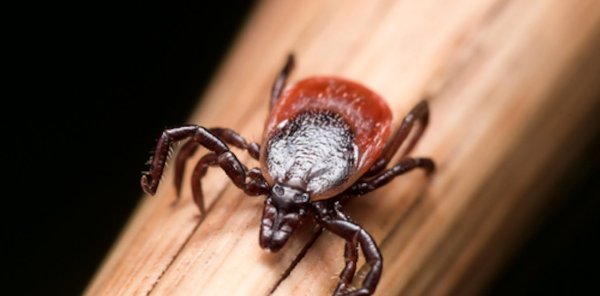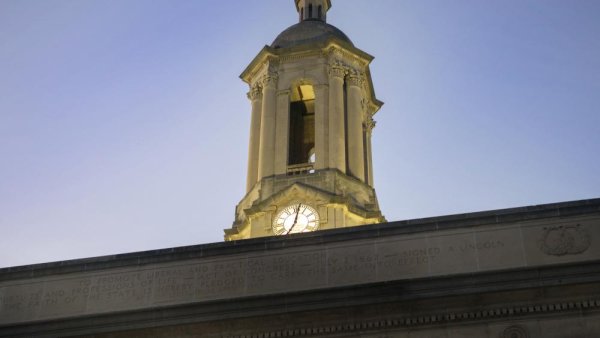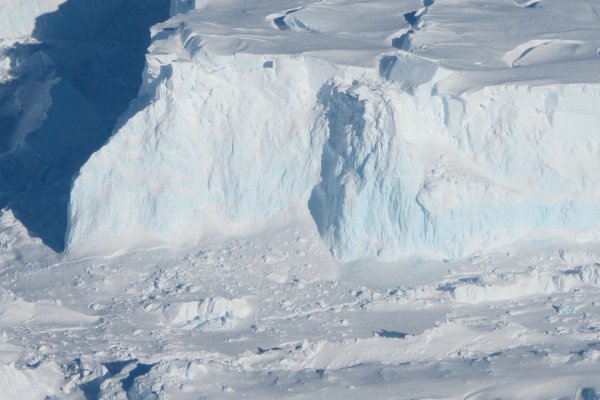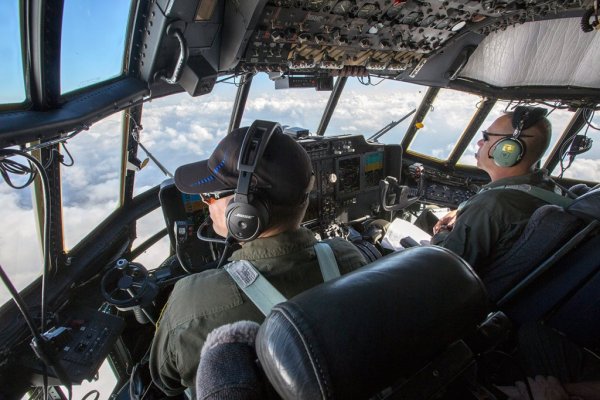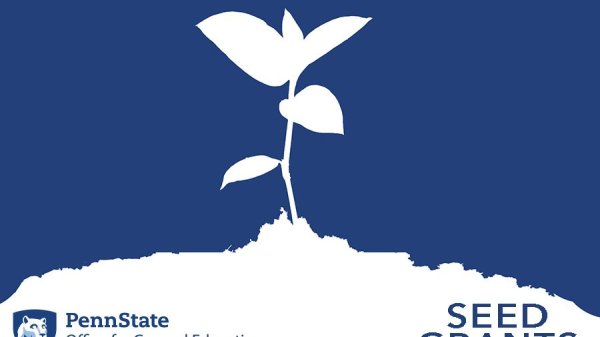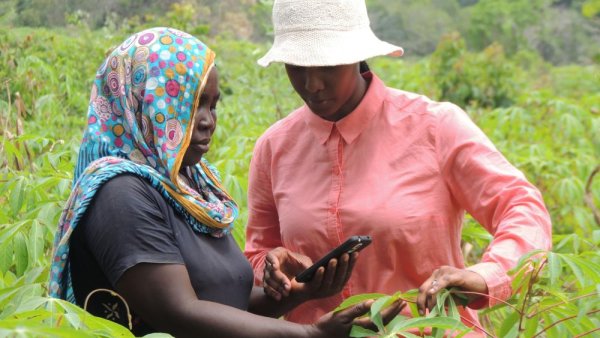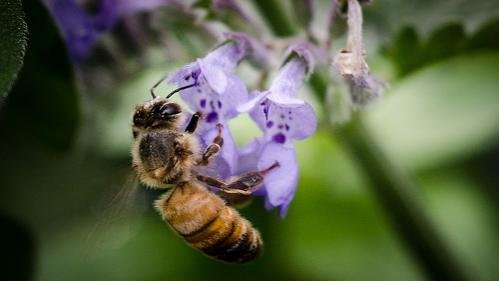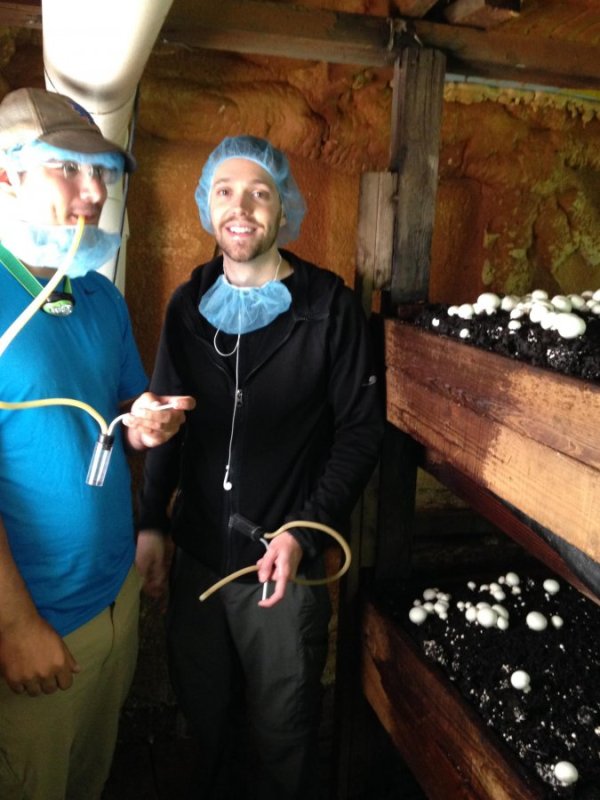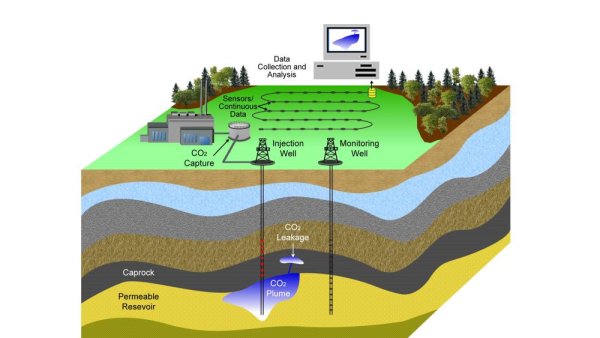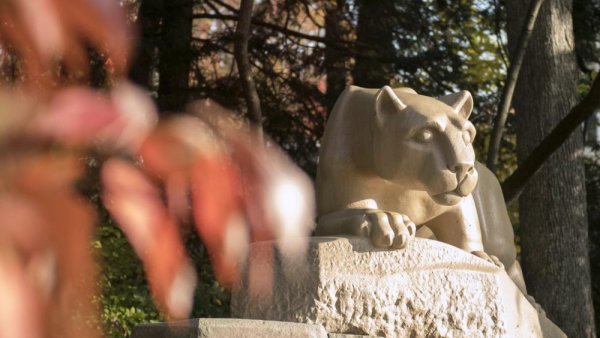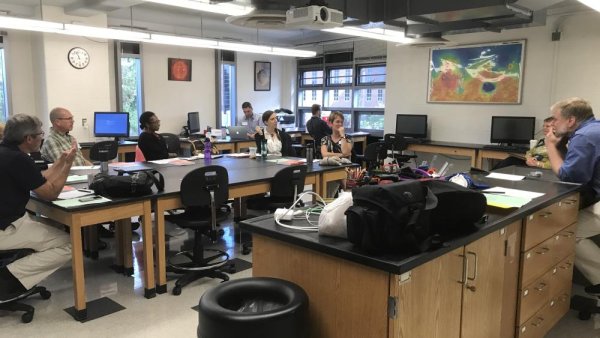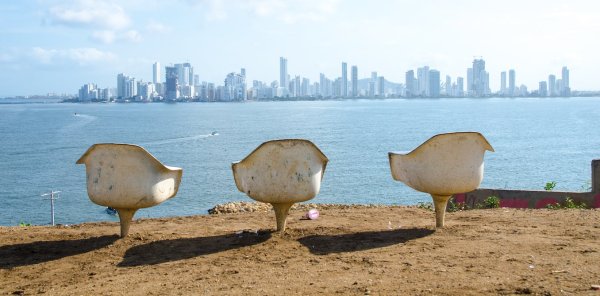Ticks and mosquitoes bringing more diseases – what can we do?
| theconversation.com
The CDC recently announced an uptick in diseases spread by vectors such as mosquitoes and ticks. Here’s why and what you can do to lower your risk.
Penn State promotions in academic rank, effective July 1, 2018
| psu.edu
The following is a list of academic promotions for tenured and tenure-line faculty members at Penn State, effective July 1.
Penn State researchers join international effort to study Antarctic ‘doomsday’ glacier
| alleghenyfront.org
The Thwaites Glacier on the West Antarctic Ice Sheet is about the size of Pennsylvania. Reasonable modeling suggests it could lead to three feet of global sea level rise in the next century so its threatening nickname may not be far off.
Springing back into the hunt for greenhouse gases - NASA Science
| science.nasa.gov
A NASA mission looking at carbon dioxide and methane concentrations in relation to weather systems in the eastern half of the U.S. just began a fourth round of science flights, which may reveal that big spring storms are pushing around quite a bit of carbon dioxide.
Integrative Studies Seed Grants awarded to faculty across University
| psu.edu
The Office for General Education has announced this year’s seed grants to support the development of Integrative Studies courses. The awarded proposals are representative of a wide range of academic disciplines, and include proposals from faculty at Penn State campuses across the Commonwealth.
Penn State-developed plant-disease app recognized by Google
| psu.edu
A mobile app designed by Penn State researchers to help farmers and others diagnose crop diseases has earned recognition from one of the world's tech giants. PlantVillage, developed by a team led by David Hughes, associate professor of entomology and biology, was the subject of a keynote video presented at Google's TensorFlow Development Summit 2018, held March 30 in Mountain View, California.
$2.1 million enables creation of decision-support tools for pollinator health
| psu.edu
The Center for Pollinator Research at Penn State, in collaboration with researchers at the University of California, Davis; the University of Minnesota; and Dickinson College will receive more than $2 million from the Foundation for Food and Agricultural Research and the United States Department of Agriculture to translate basic research into online decision support tools to help beekeepers and land managers maintain and expand populations of managed and wild bees.
Penn State researchers tackling mushroom phorid fly infestations
| psu.edu
Working with mushroom growers and residents in southern Chester County, Penn State's College of Agricultural Sciences is ramping up ongoing research efforts to alleviate mushroom phorid fly infestations in southeastern Pennsylvania.
$2.5M grant funds real-time monitoring of underground carbon sequestration
| psu.edu
Researchers from Penn State, Lawrence Berkeley National Laboratory, and the University of Texas at Austin are partnering on a new $2.5-million project to illuminate what happens to carbon dioxide during underground sequestration. The team will use seismic data collected through a novel real-time monitoring system to track the spread of carbon dioxide underground. The four-year project is being funded by the U.S. Department of Energy.
Interdisciplinary projects awarded seed grants from IEE
| psu.edu
The 2017–18 Institutes of Energy and the Environment (IEE) seed grant recipients have recently been awarded to 16 groups of interdisciplinary researchers at Penn State. This year nearly $350,000 have been awarded to more than 40 researchers in five colleges at University Park as well as at four campuses.
Brandywine professor uses NSF grant to tell the stories behind earth science
| psu.edu
Laura Guertin, professor of earth science at Penn State Brandywine, is in the business of asking questions — and her most recent inquiry launched a new, creative project to help more people understand the natural world.
The travel industry has sparked a backlash against tourists by stressing quantity over quality
| theconversation.com
At many popular destinations, residents are protesting against crowding, rowdy visitors and low wages. With some research, travelers can use their visits to enrich host areas instead of harming them.

